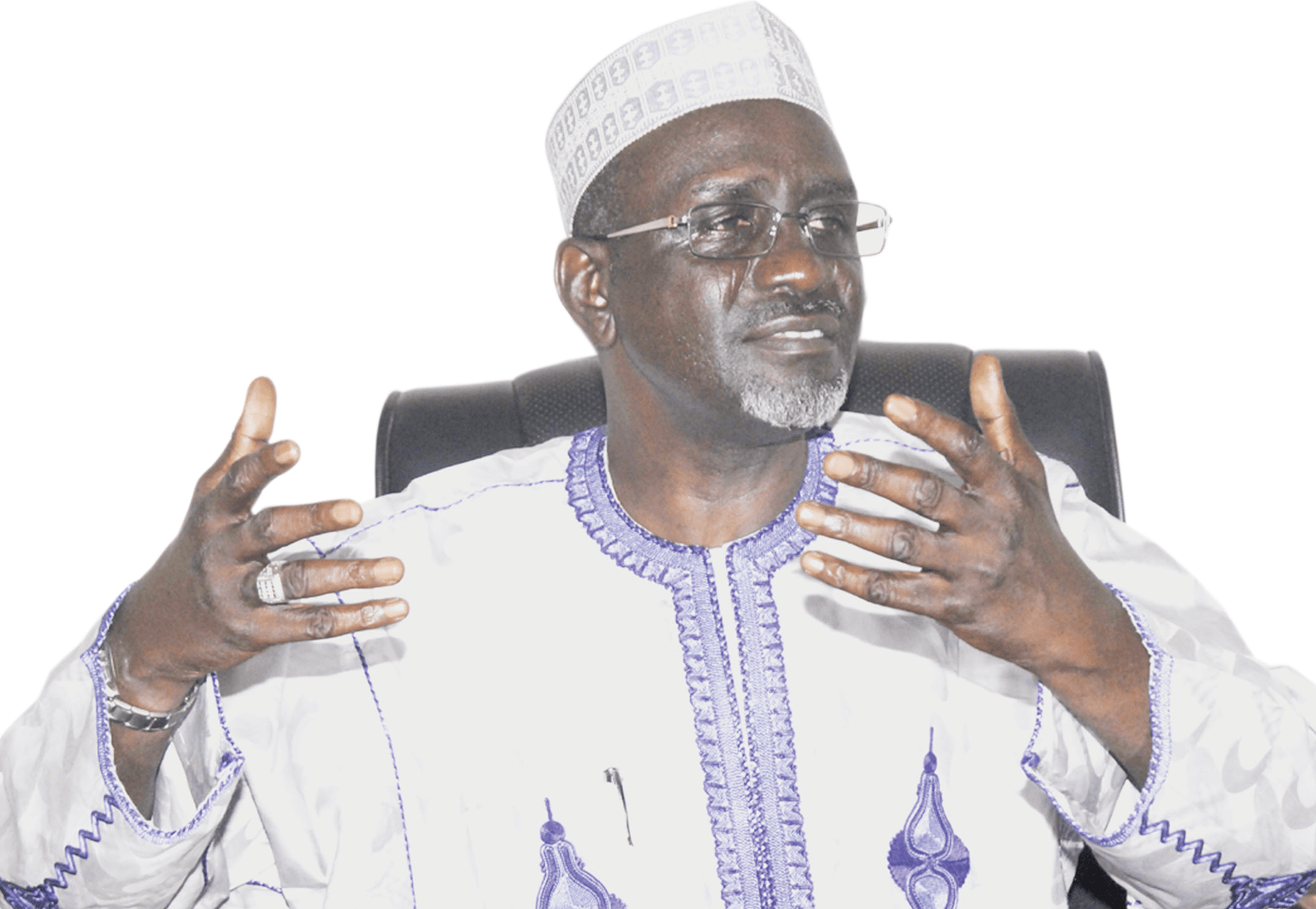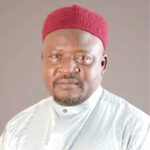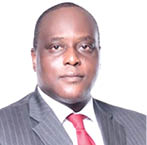A few weeks to the primary elections of the All Progressives Congress (APC) in May this year, some disgruntled chieftains of the party in Kano State rebelled against the mainstream leadership of the party led by Governor Abdullahi Umar Ganduje. They formed a faction and because they were seven in number, they became known as “Group of Seven,” or simply “G7” .
The group included, among others, leader of the faction, Senator Ibrahim Shekarau, a former governor; Senator Barau Jibrin; Hon Sha’aban Sharada; Hon Tijjani Jobe; and Ahmadu Danzago, a vocal stalwart who emerged as the faction’s chairman. Their grouse were as many as their number; each according to what was done or not done to him.
- Buhari condemns murder of Kaduna Catholic priest
- NLC proposed protest unconstitutional, a recipe for anarchy — FG
As for Shekarau, subject of this discourse, he reeled out a number of complaints against the party’s leadership. He accused them of failing to fulfil promises made to him and his associates before defecting from the Peoples Democratic Party (PDP). He said they were excluded from the scheme of things and all entreaties to the governor to remedy the situation were rebuffed. “In spite of our immeasurable contributions, our members were dismayed by lack of corresponding appreciation and reciprocal gesture by the state leadership,” he stated.
To lure him to his side, Ganduje promised to carry the senator and his supporters along in governance and party affairs. But he only got his Senate seat, one commissionership slot and nothing more. He wasn’t involved in many party affairs. As loyal party members, he said they persevered and continued to explore avenues to reach out to the governor but their efforts ended in vain.
Before proceeding, let me explain the position of the senator in the political equation that revolves around the triumvirate that today defines Kano politics; Kwankwaso, Shekarau and Ganduje. It all started in 1999 when the military returned Nigeria to civil rule. PDP was the dominant party in Kano as in many other states. In the governorship primary election Ganduje, according to his narration, emerged as winner but due to manoeuvres by powerful politicians Kwankwaso who came second was given the ticket. He was prevailed upon to join it as deputy.
Before that incident, Ganduje and Shekarau were in the political camp of late Gov Mohammed Rimi. Kwankwaso belonged elsewhere which was opposed to Rimi. While the former was a full time politician the latter was a civil servant who operated behind the scenes. But both were proposed by the camp as governorship contestants.
Thus after becoming governor, Kwankwaso became suspicious of Shekarau, then a Director-General (Permanent Secretary) in the SSG’s office. He saw him as one of those eyeing his seat, especially when some Rimi’s men insisted on his appointment as the new SSG. That put them on a collision course. Before long Shekarau’s travails were compounded by his reported romance with agitators for the Sharia against the governor’s wish at the time.
To neutralize him, the governor moved him out of the SSG’s office; first to the Civil Service Commission as D-G and to Ministry of Education to be assigned to a suitable post. Shekarau himself asked to be posted to a tertiary institution to teach. He was posted to College of Arts, Science and Technology (CAST) where he taught mathematics. This was perceived as unwarranted persecution by Kano elite. It earned him their sympathy, particularly the Ulama with whom he pushed for the adoption of Sharia. Consequently, he was urged to contest for the 2003 governorship election. Luckily he won and stopped Kwankwaso in his tracks for a second term. That began the bitter rivalry between them which lasted until Shekarau defected from APC to NNPP this year.
All Shekarau’s defections – first from APC to PDP, from PDP back to APC and now from APC to NNPP – had Kwankwaso as a factor. As one of the founding fathers of APC he couldn’t believe that its national leaders gave Kwankwaso the upper hand when he defected from PDP. In protest he joined PDP and in appreciation President Jonathan appointed him Minister of Education.
And while PDP leaders in Kano were still euphoric about having Shekarau’s supporters in their fold, the now NNPP presidential candidate returned to APC and spoiled their mood. He was pushed there by the governor who, after a hot dispute, took the shine off him and dominated the party. Again like in APC, PDP’s national leaders goofed by giving Kwankwaso the leeway to lead the party.
Under the circumstances Ganduje lured him to APC because he needed him badly to face Kwankwaso’s anointed PDP governorship candidate at the polls in 2019. With Shekarau’s help, Ganduje secured his second term but refused to deliver his part of the bargain. Hence he was consequently forced to seek refuge in, of all places, NNPP which is Kwankwaso’s political enclave.
Opinions are divided on this. While some see it as an astute move, others were distraught that despite his arch rival’s alleged vindictiveness and combative policies aimed at disparaging him, Shekarau opted to partner with him politically. Others point at his partner’s alleged selfish disposition on the two occasions he shared party with Shekarau but monopolized almost all elective posts.
Thus many people saw Shekarau’s move as a hell of a mistake, saying the politics of Kwankwaso and Ganduje are the same; what one does the other would also do. If Ganduje has shortchanged the senator and his supporters today, Kwankwaso is bound to do the same tomorrow. Some say one sure source of friction may be over wearing of red caps, particularly if NNPP wins the governorship election. The senator’s supporters therefore fear that he might in future get the Aminu Wali treatment. Are all these fears of the people mere assumptions? Will Kwankwaso treat Shekarau differently? Time will tell.
By Ado Umar Muhammad who is a former Editor-in-Chief, Triumph Newspapers, Kano ([email protected])

 Join Daily Trust WhatsApp Community For Quick Access To News and Happenings Around You.
Join Daily Trust WhatsApp Community For Quick Access To News and Happenings Around You.


